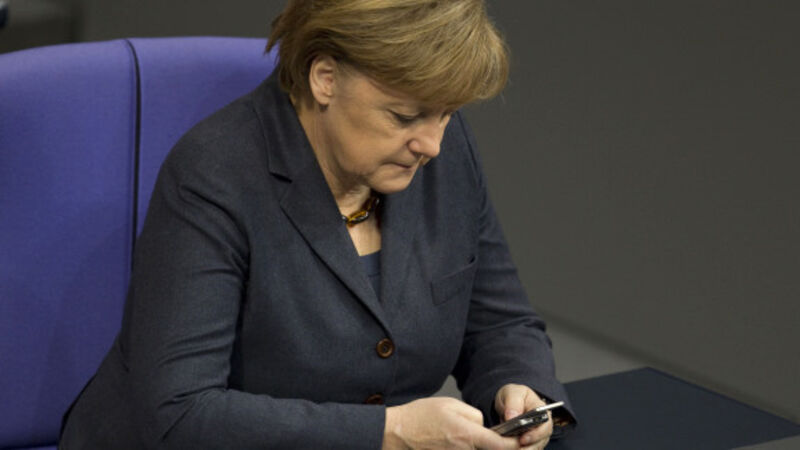EU fury over US phone-tap claims

European leaders united in anger at a summit overshadowed by reports of widespread US spying on its allies, which German chancellor Angela Merkel said had shattered trust in the Obama administration and undermined the crucial transatlantic relationship.
The latest revelations that the US National Security Agency swept up more than 70 million phone records in France and may have tapped Mrs Merkel’s own mobile phone brought condemnation from the French and German governments.














